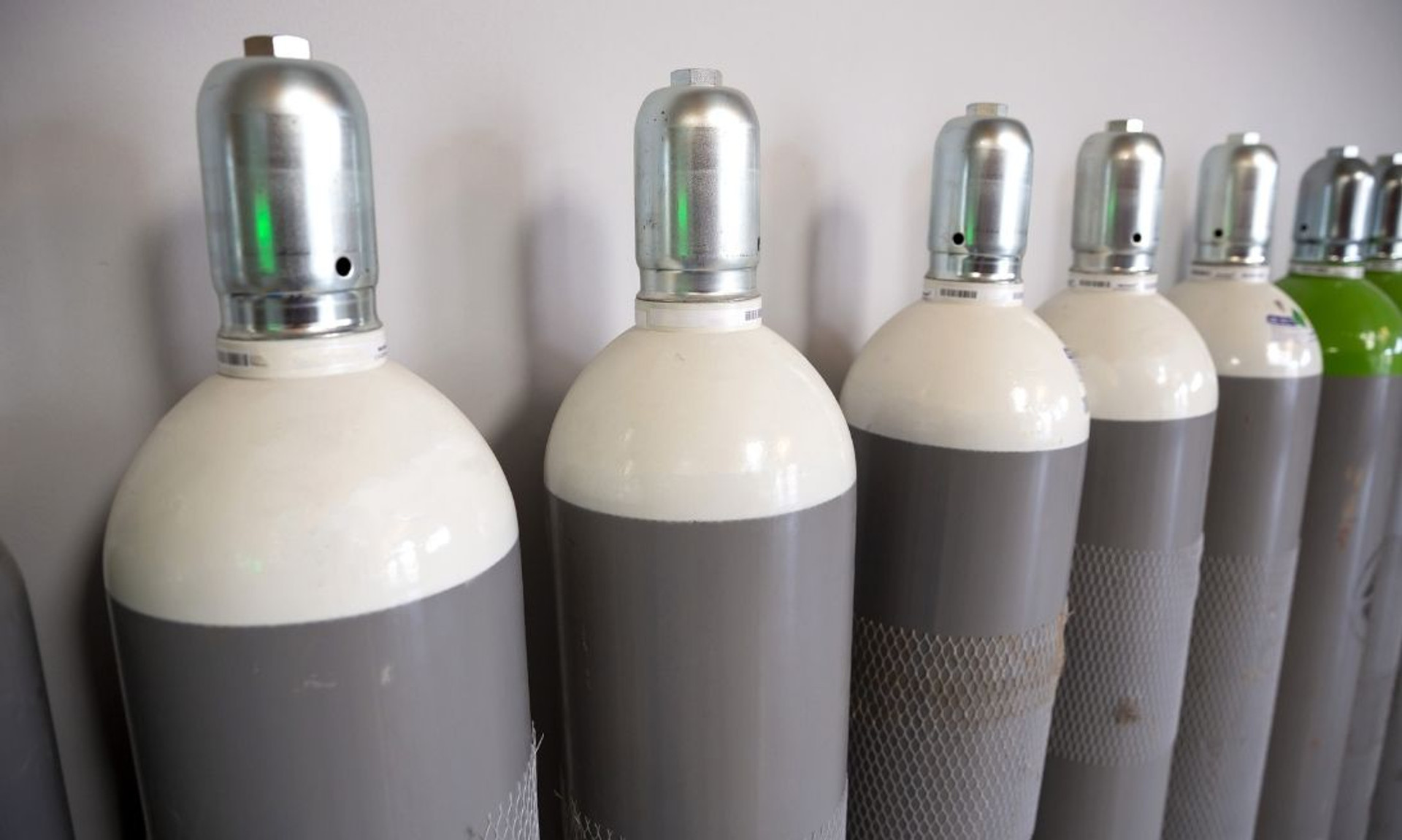What To Know About EPA Protocol Gases
EPA Protocol Gases are defined by the EPA as “compressed gases used to calibrate air pollution monitors for consistent and reliable monitoring.” The EPA has specific regulations on these gases in order to protect the environment while allowing companies to use the energy they need. Here’s what to know about EPA protocol gases.
Why Do Companies Need EPA Protocol Gases?
EPA protocol gases are used in calibration tests. They determine if continuous emission monitoring systems, or CEMS, are accurately measuring pollutant concentrations. Companies need these gases because it helps streamline the calibration test process. In turn, that benefits environmental sustainability. Power plants, for instance, have to acquire protocol gases from vendors that are part of a special verification program to maintain the quality of our air and water.
How Are the Gases Verified?
To meet EPA Protocol gas standards, the gases are verified through the protocol gas verification program, or PGVP. They undergo a number of steps to meet certain regulations. Various government rulings such as the Clean Air Interstate Rule, Transport Rule, and Acid Rain Program created those regulations in order to keep the environment healthy for everyone. Some measures the PGVP takes are annual blind audits, accuracy tests, and the posting of audit results online. The PGVP must also meet four main objectives: ensuring specific accuracy requirements, helping gas vendors make better purchases, providing incentives for successful vendors, and encouraging vendors with poor audits to make improvements.
What Are the Risks?
Another important part of what to know about EPA protocol gases are the risks. Protocol gases do not have many risks unless they expire. However, not using them can create risks for the environment as well as for your company. There are environmental risks like acid rain and air pollution that can happen if you don’t use EPA protocol gases. There are also company-wide risks such as fines and negative brand recognition. You can be fined by the government for up to thousands of dollars if you are not following certain guidelines. Also, if your company performs poorly in blind audits, this may deter clients. Nowadays, more and more clients value environmental sustainability. They will be able to see your company is doing poorly since the audit information is publicly available online. It will be obvious that your company does not care about the environment, and potential clients will choose one that performs better on its audits.

